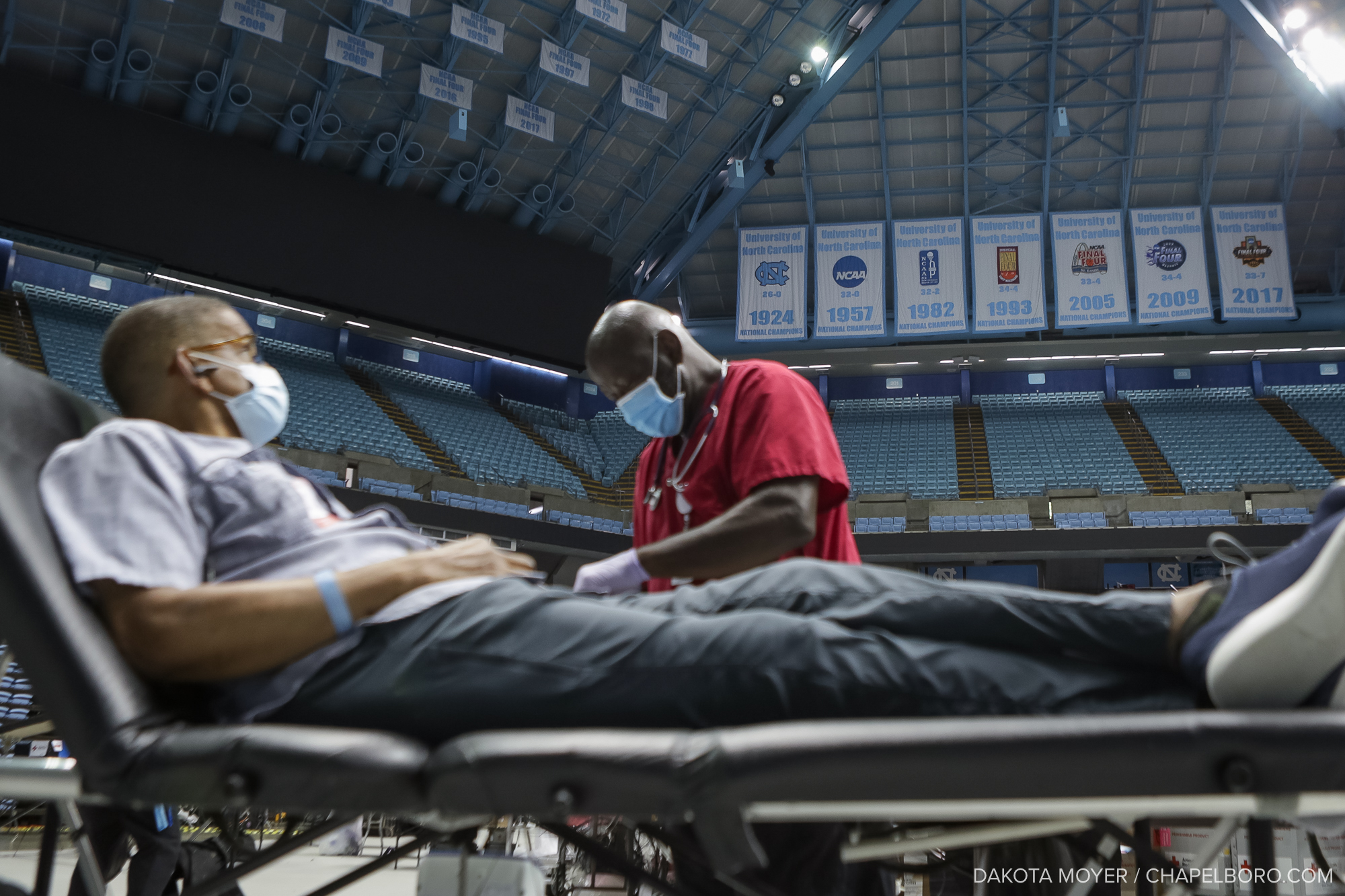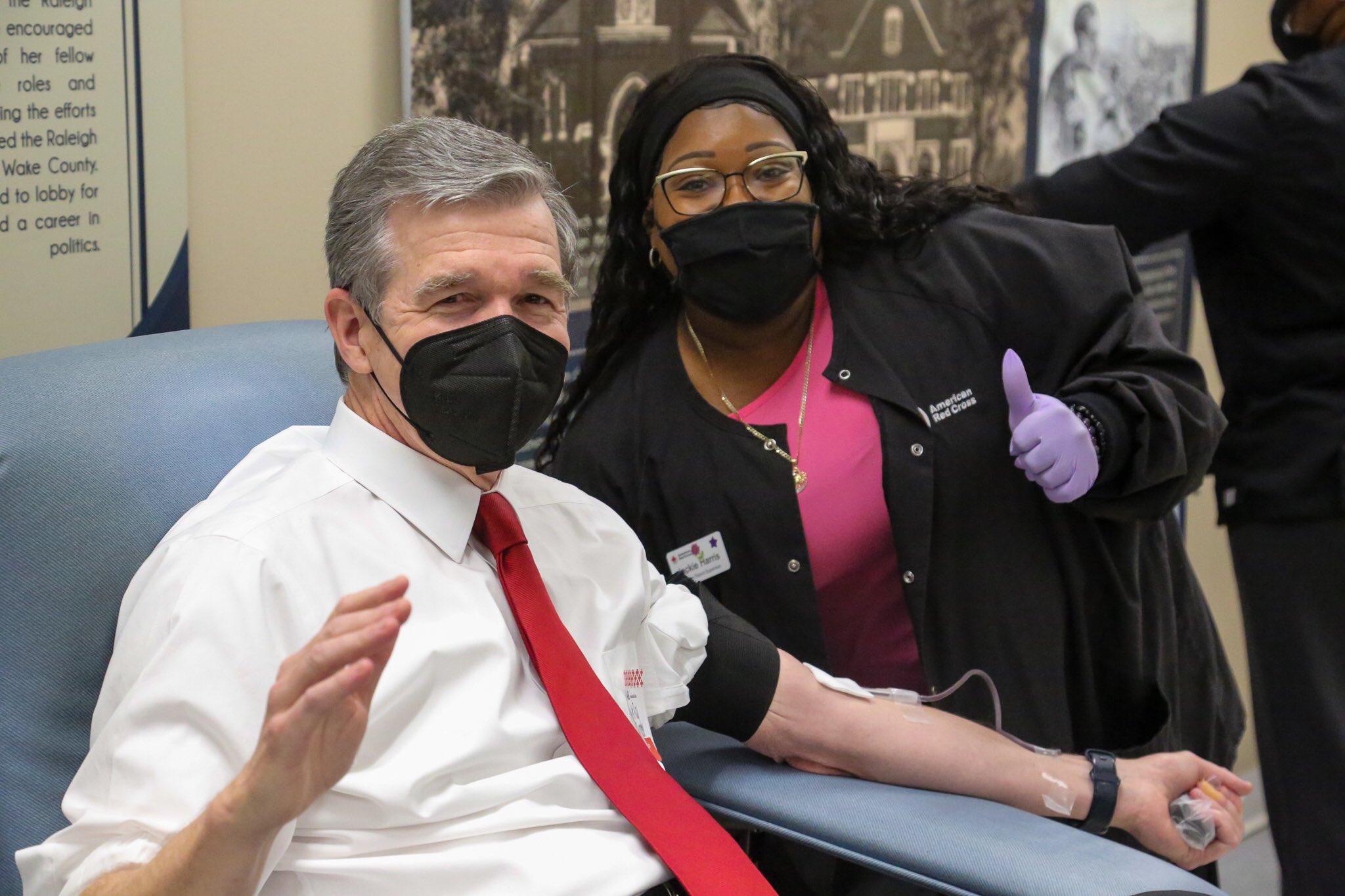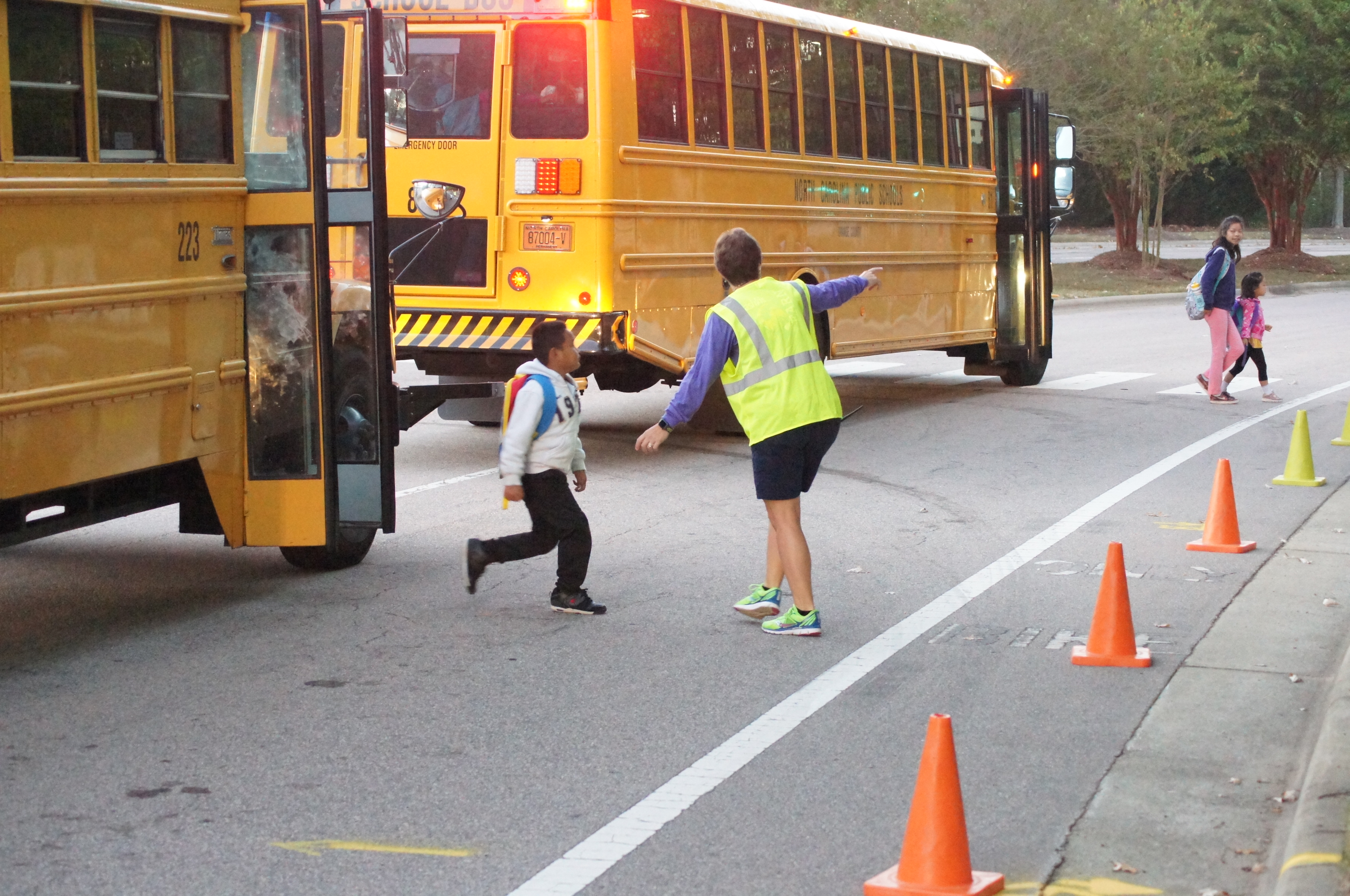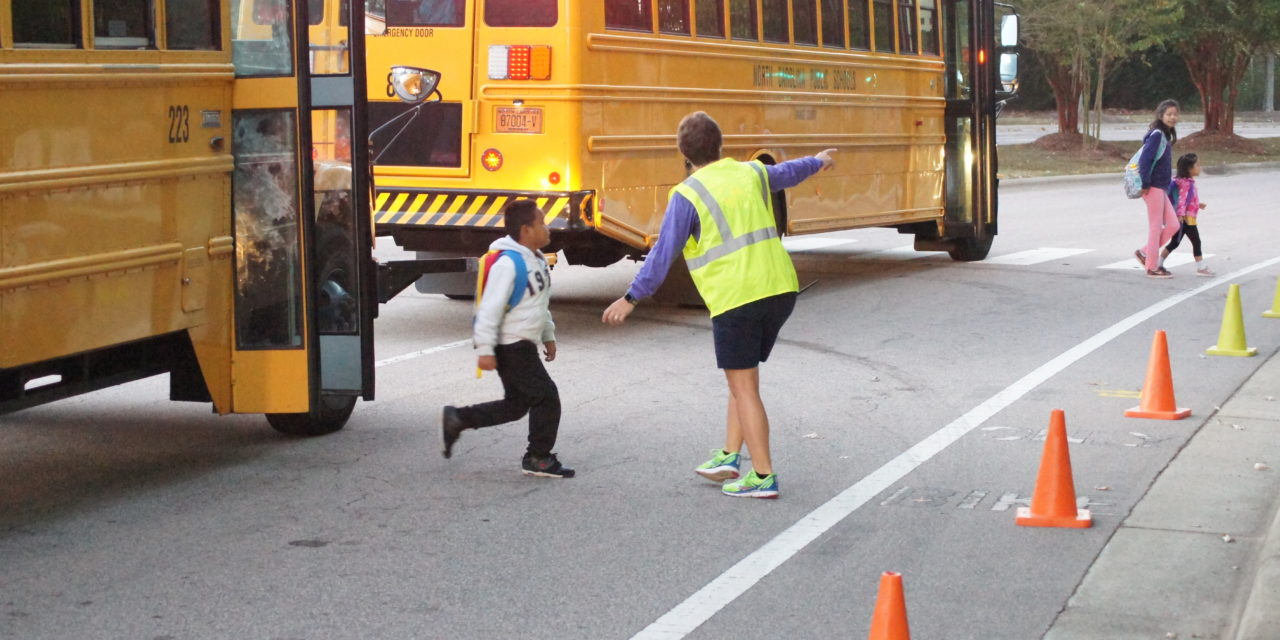Far fewer North Carolina third-graders in public schools have demonstrated reading proficiency, compared to before the COVID-19 pandemic, a troubling finding that state educators said needs to be urgently addressed.
A report presented this week to the State Board of Education showed almost one-third of third-graders had not met promotion standards last school year and were therefore “retained,” even after getting the chance to improve their reading scores by attending summer reading camps already offered to students, news outlets reported.
The “retained” label on nearly 35,000 students means they are either repeating third grade this fall or receiving specific kinds of fourth-grade class instruction. They’ll be designated as retained until they meet reading standards.
The most recent third-grade retention rate rose to 31% compared to 15.5% for the 2017-18 school year and 17.7% for the following year. No state exams were given during the 2019-20 school year due to the COVID-19 pandemic. The higher retention rates come as only 43.7% of third-grade students demonstrated reading proficiency.
The results follow previously announced data that showed a majority of public school students taking standardized state exams in reading, math and science failed them last school year, which was marked by limited in-person instruction due to the pandemic.
“It goes without saying our earliest learners took a hard hit during this pandemic, and now more than ever we have to ensure there’s a solid plan in place to support the gaps that have been created during this time,” said Amy Rhyne, director of the Department of Public Instruction’s early learning and reading office.
For several years, the state has carried out the “Read to Achieve” program, which is designed to get all children at proficient reading levels by the end of third grade. The program has included summer reading camps for children in grades one to three. Test scores have remained stubbornly low, so the legislature this year approved significant changes to the initiative, including new reading instruction training for K-5 teachers.
This week’s report also showed that most eligible students for summer reading camps still didn’t attend them this past summer. About 54,000 first- through third-graders attended the camps, or just one-third of the approximately 157,000 eligible.
The report figures increase the sense of urgency among education leaders to improve early-grade literacy before these poor skills cause students to fall behind further in other subjects.
“There’s nothing fair about this,” state Superintendent of Public Instruction Catherine Truitt said. “It’s not fair to our students, it’s not fair to our teachers.”
Photo via the Town of Chapel Hill.
Related Stories
‹

Governor's Pandemic Rules for Bars Violated North Carolina Constitution, Appeals Court SaysNorth Carolina Gov. Roy Cooper's orders to bars to stay closed during the COVID-19 pandemic were “illogical," an appeals court ruled Tuesday.

N. Carolina Driver License Requirements for Youths ChangingWritten by THE ASSOCIATED PRESS The mandatory supervised driving period in North Carolina for young people before they can drive by themselves will be scaled back permanently after Gov. Roy Cooper said on Friday he’ll let a bill become law without his signature. The General Assembly sent Cooper last month legislation addressing in part when […]

Red Cross Still Encouraging People to 'Roll Up Their Sleeves' in 2023January is National Blood Donor Month, and although the Red Cross is no longer urgently calling for donations, there is always a need for blood.

NC Audit: $438M in Benefits Failed To Reach Workers QuicklyWritten by GARY D. ROBERTSON North Carolina’s unemployment benefits office failed to distribute quickly enough $438 million in initial payments to displaced workers in 2020 and early 2021, state auditors said Monday while scrutinizing the agency’s work during the pandemic. The audit in part blamed the claims process and poor monitoring for the delays. It’s well-known that […]

Governor Roy Cooper Donates Blood Amid Nationwide ShortageAmid a nationwide blood shortage, North Carolina Governor Roy Cooper publicly donated blood Thursday morning at the American Red Cross of Eastern North Carolina and encouraged others to consider doing so. Blood supplies are critically low right now, and donating saves lives. Today, Gov. Cooper donated blood at the American Red Cross of Eastern North […]

North Carolina Unemployment Rate Falls to 3.9% in NovemberWritten by THE ASSOCIATED PRESS North Carolina’s jobless rate for November fell to 3.9%, the state Commerce Department announced on Friday, as employment surged by one measurement released by the agency. The seasonally adjusted unemployment rate, which compares to 4.1% in October, continued its year-plus long decline after the state’s economy shook off the tightest […]

North Carolina Health Officials Cite First Flu-related DeathWritten by THE ASSOCIATED PRESS North Carolina is reporting the first flu-related death of the season as the state continues to deal with the impact of COVID-19, health officials said Tuesday. The N.C. Department of Health and Human Services said an adult in the western part of the state died due to complications of influenza […]

North Carolina Unemployment Rate Drops to 4.1% in OctoberWritten by THE ASSOCIATED PRESS North Carolina’s jobless rate fell further in October to 4.1%, the state Commerce Department said on Friday, as the overall number of people employed kept growing. The seasonally adjusted rate compares to a revised September rate of 4.3%. The number of people employed in the state grew in October by […]

NC Governor Vetoes Another Bill Reining in Emergency PowersWritten by GARY D. ROBERTSON North Carolina Democratic Gov. Roy Cooper on Monday vetoed the latest Republican bill seeking to rein in his powers, this time legislation that would have required other elected leaders to sign off on long-term emergency declarations like those for COVID-19. The governor vetoed a measure that is somewhat similar to […]

N. Carolina Third-Graders Struggling To Meet Reading GoalsFar fewer North Carolina third-graders in public schools have demonstrated reading proficiency, compared to before the COVID-19 pandemic, a troubling finding that state educators said needs to be urgently addressed. A report presented this week to the State Board of Education showed almost one-third of third-graders had not met promotion standards last school year and […]
›










